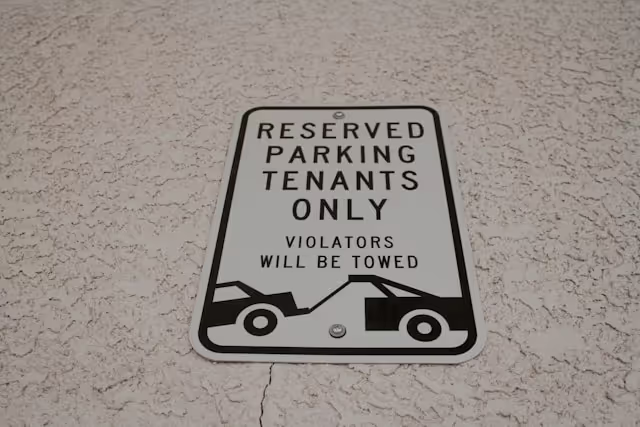
Blog
What Is Generational Wealth and How to Build It?
How to pass on wealth to the next generation
The term “generational wealth” refers to wealth that is passed down from one generation of a family to the next. You may also hear this called family wealth or legacy wealth. Perhaps it could be more accurately described as inter-generational wealth, as it passes down from parents to children.
That wealth is usually in the form of assets, which can include stocks (shares), bonds, funds, and other investments, as well as real estate and family businesses. If you can leave something behind for your children or grandchildren, then you are contributing to the growth of generational wealth in your family.
Why Is Generational Wealth Important?
If you personally started out from scratch financially (or are still starting), or started with a large debt burden such as a student loan, then you probably realise the importance of generational wealth.
What if your parents had the ability to fund your education? This single action could have a tremendous effect on your financial future. Instead of playing catch-up to pay down your student loan, you could be saving for your first home, to start a business, or for early retirement.
As you continue your personal finance journey, you have likely discovered that it is not always easy to recover from your financial mistakes. What if your parents had been able to offer solid financial guidance as you stumbled your way through? It could have prevented spending beyond your means or started you on a budgeting habit much sooner.
The more you think about your own financial life, the more you might realise how important generational wealth can be. If you have kids or plan to have kids, then you may start to think about how their financial futures will play out.
Ways to Pass On Generational Wealth
In some cases, assets are transferred after death in the form of an inheritance. In others they are passed to the next generation while the giver is still alive. Ways to do this include:
- Gifts. A common intergenerational gift, even among families of moderate means, is helping with the down payment on a younger person’s first home
- Educational expenses. Money that one generation pays for another’s education is also a common way wealth is transferred
- Funding travel or other major costs. For instance, pre-covid, Kiwi parents may have funded a ‘gap year’ for their young adult children
Family Trust
In some cases, there may be other options too, such as the formation of a family trust. A trust is created when a person (the settlor) transfers property to people (known as trustees). Trustees are obliged by law to use the property for purposes that the settlor has specified. Usually, one of these purposes is to make payments from the trust property to people (called beneficiaries).
Trusts can be set up for charitable purposes such as education or established specifically for the benefit of the members of a particular family. The terms of trusts can differ markedly depending on the purpose for which a trust has been established. In this case, the settlors may be the parents, while trustees could be the parents and other people such as a solicitor, and the beneficiaries are likely to be the children.
Building Generational Wealth
The concept of building generational wealth is easy. You just have to acquire assets or save cash that you don’t intend to spend in retirement. Then you pass those assets along to your children.
This is an easy concept but can be difficult to put into practice. If you are struggling to build your savings, then saving for the next generation can sound overwhelming. And that is completely understandable!
It is critically important to nail down your own retirement savings plan and other financial goals before you start to save for generational wealth. Once you have a handle on your current finances to fund your golden years, then it is time to start saving beyond that.
Doesn’t Generational Wealth Contribute to Inequality?
Quite simply, yes. This is a hot topic, especially as New Zealand’s house prices and overall cost of living can be a challenge.
If it makes you feel better, most studies have shown that about half of all inherited wealth goes to waste – in these cases, the children just spend it.
Learn more:
- Why you should spend your kid’s inheritance
- Don’t let supporting your adult children ruin your retirement
- Do you really need a financial adviser?
- The singles tax
The Bottom Line - Building Generational Wealth
Building generational wealth is an admirable goal.
Though careful consideration needs to be given to the psychological and practical impacts on those who will receive such wealth (the children), potentially without having to work hard and work smart to earn it themselves.
Nobody wants to see their children struggle financially, though probably the most important thing most children can receive from their parents in this area is assistance developing good ethics and values (including a work ethic). Then they can succeed based on their own merits and make a positive contribution to society – and perhaps to the values and ethics of their own children.
If you’d like to discuss with us how you can build wealth of your own, how you can build generational wealth, and perhaps how to best pass that wealth to the next generation, then simply book your complimentary initial consultation.
You may also like:

What Is Dollar‑Cost Averaging and How It Works

NZ Rent Forecast: What Tenants Can Expect


